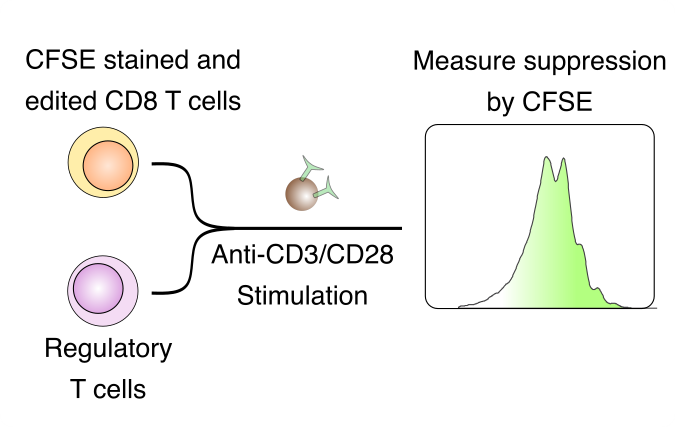Immuno-oncology and Cell Engineering Laboratory
R&D > Laboratories > Immuno-oncology and Cell Engineering Laboratory

Our Vision
Cancer Immunotherapy has dramatically revitalized immuno-oncology, but many challenges still remain. We develop and leverage CRISPR-based platforms in primary human T cells to discover ways to engineer robust anti-tumor immunity. Our goal is to design breakthrough cell-based therapies and learn how to engineer immune cells to function in the suppressive tumor microenvironment. We use lentiviral vectors, precise knock-in by CRISPR mediated HDR and advanced experimental tools to map genetic programs that control anti-tumor immunity. The lab aims to test promising candidate perturbations in preclinical animal models of cancer immunology

Contact Us
Primary Investigators

Dr. Eric (Arik) Shifrut, Lab PI
Department of Biochemistry, Faculty of Life Sciences;Department of Pathology, Faculty of Medicine 03-6947387 erics@tlvmc.gov.il

Danielle Geller, M.Sc, Lab Manager
03-6947388 danielleg@tlvmc.gov.il
Address
Sammy Ofer Heart Building
10th floor Room 97-99

Research
The inhibitory tumor microenvironment (TME) impedes the therapeutic benefit of engineered cell therapies. We aim to chart the factors that mediate immunosuppression using loss-of-function genetic screens under suppressive conditions. We test how CRISPR perturbation of genes that mediate suppressive signals can improve T cell function in vitro and in preclinical animal models. Overall, this work will discover key genetic programs that mediate human T cell dysfunction in the inhibitory TME.
T cell therapies based on single antigen specificity may lead to tumor escape by antigen-loss or immunoediting. Polyclonal anti-tumor responses may overcome these limitations. We aim to engineer synthetic TCR repertoires in primary human T cells using knock-in of functional TCR sequences to define relationships between T cell specificity and function. This innovative work will reinvigorate anti-tumor responses by engineered polyclonal T cells directed against tumor antigens.
Immunotherapies that rely on tolerance breakdown often result in immune related adverse events and highlight the high priority unmet need to understand the hidden self-reactive T cell repertoire. We leverage our discovery of genetic factors that tune TCR responsiveness to study pre-existing self-reactive T cells in healthy individuals. We aim to define the role of self-reactivity in humans with implications for autoimmunity and cancer.
Gallery
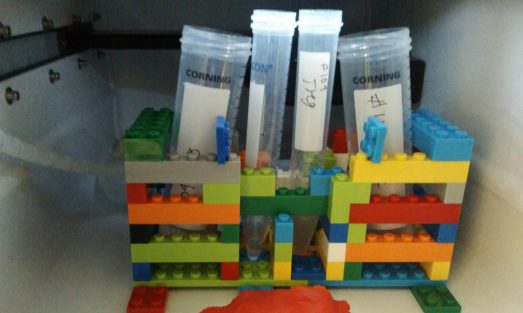
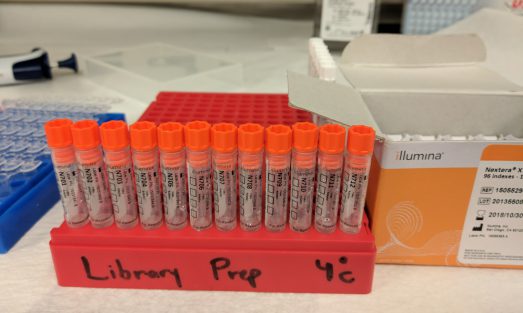
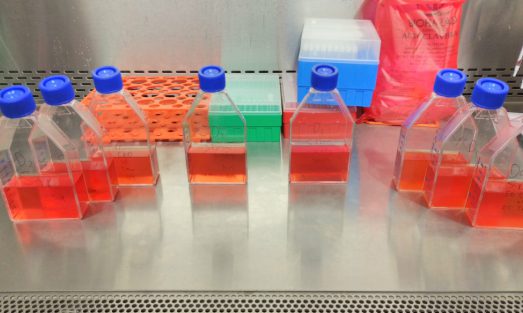
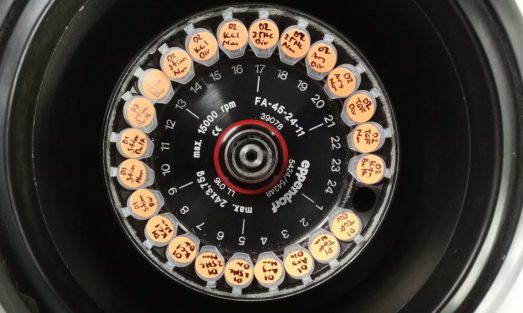
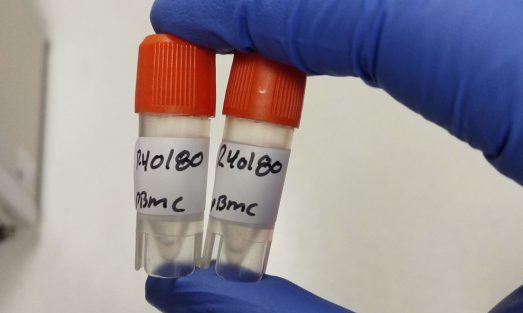

Our Team
Current Staff
Researchers
- Eric (Arik) Shifrut, PhD
Students
- Danielle Geller, M.Sc. - PhD student
- Alan Pomerantz, M.D. - PhD student
- Almog Hacham - MSc student
Past Staff
Current funding



Highlight Publications
Genome-wide CRISPR Screens in Primary Human T Cells Reveal Key Regulators of Immune Function. Shifrut, E.^, Carnevale, J.^, Tobin, V., Roth, T. L., Woo, J. M., Bui, C., Li, P. J., Diolaiti, M., Ashworth, A., Marson, A*. Cell 175, 1958–1971.e15 (2018).
Pooled Knockin Targeting for Genome Engineering of Cellular Immunotherapies. Roth TL, Li PJ, Blaeschke F, Nies JF, Apathy R, Mowery C, Yu R, Nguyen MLT, Lee Y, Truong A, Hiatt J, Wu D, Nguyen DN, Goodman D, Bluestone JA, Ye CJ, Roybal K, Shifrut E, Marson A. Cell. 181(3):728-744.e21. (2020)
CRISPR Screen in Regulatory T Cells Reveals Ubiquitination Modulators of Foxp3. Cortez J^, Montauti E^, Shifrut E, Zhang Y, Shaked O, Xu Y, Simeonov D, Zhang Y, Roth T, Chen S, Vogel I, Prator G, Zhang B, Lee Y, Sun Z, Ifergan I, Van Gool F, Bluestone J, Fang D*, Marson A*. Nature. 582(7812):416-420. (2020)


